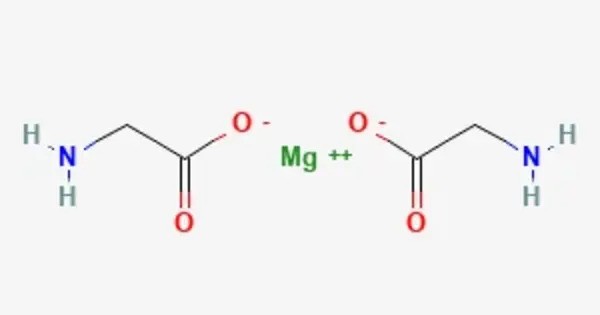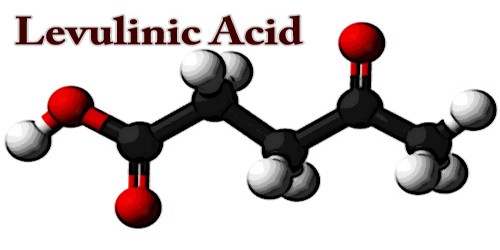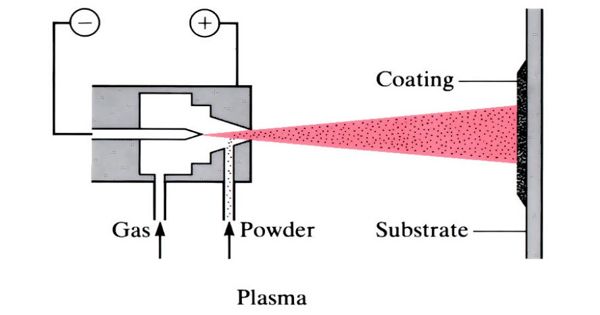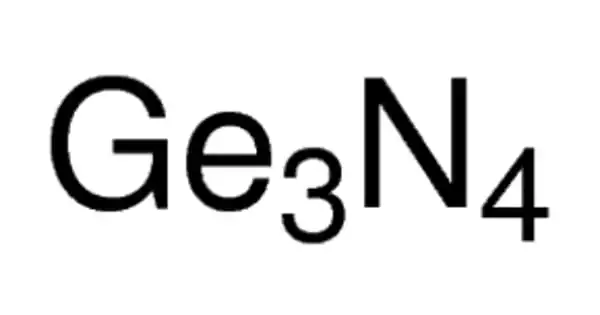Magnesium glycinate, also known as magnesium diglycinate or magnesium bisglycinate, is the magnesium salt of glycine (one magnesium atom and two glycine molecules), and is sold as a dietary supplement. It is a dietary supplement made from magnesium and glycine, an amino acid. It contains 14.1% elemental magnesium by mass.
Magnesium glycinate is also often “buffered” with magnesium oxide but it is also available in its pure non-buffered magnesium glycinate form. It’s one of the most bioavailable forms of magnesium, meaning your body can absorb and use it more effectively compared to other types like magnesium oxide or citrate.
Properties
- Chemical formula: C4H8MgN2O4
- Molar mass: 172.423 g·mol−1
- Solubility: It is relatively soluble in water, though not as soluble as other magnesium salts like magnesium citrate.
- Non-Laxative: Unlike other magnesium supplements (like magnesium citrate), magnesium glycinate is generally non-laxative, making it a preferred choice for individuals who need magnesium supplementation but want to avoid diarrhea.
- Gentle on the Stomach: The chelation with glycine makes it less likely to cause stomach upset or cramps, which is common with other magnesium supplements.
Absorption
As a chelated magnesium, it is well-absorbed in the gastrointestinal tract. The glycine component helps magnesium pass through the intestinal lining more efficiently, reducing the likelihood of gastrointestinal discomfort compared to other magnesium forms (such as magnesium oxide or magnesium sulfate).
Occurrences
Magnesium glycinate does not naturally occur in foods or in nature as an isolated compound. However, magnesium itself is widely found in various foods and occurs naturally in the Earth’s crust.
- Natural Sources of Magnesium: Foods rich in magnesium include leafy greens (like spinach), nuts, seeds, whole grains, and legumes. These foods contain magnesium in its natural ionic form, which may be absorbed into the body but generally less efficiently than magnesium glycinate.
- Magnesium Glycinate in Supplements: Magnesium glycinate is typically synthesized in laboratories for use in supplements. It is not something that would naturally occur in foods in its chelated form, but rather magnesium is bound with other components (such as citrate, oxide, or chloride) in different supplements.
- Magnesium in Nature: Magnesium is abundant in minerals, particularly in the form of magnesium-rich minerals like dolomite and magnesite. These minerals are mined and processed to obtain magnesium for various uses, including supplementation.
Benefits
- Better Absorption: Magnesium glycinate is highly absorbable and less likely to cause digestive upset compared to other forms like magnesium oxide.
- Promotes Relaxation: Magnesium is known to support muscle function and relaxation, making it useful for reducing cramps, muscle tension, and helping with sleep.
- Supports Heart Health: Magnesium plays a vital role in heart function and can help regulate blood pressure and maintain normal heart rhythms.
- Improves Mood: Some studies suggest that magnesium can help with anxiety and depression, as it has a calming effect on the nervous system.
- Bone Health: Magnesium is essential for bone health, working alongside calcium and vitamin D to support bone density.
Uses
Magnesium glycinate has been studied with applicability to patients with a bowel resection or pregnancy-induced leg cramps. Less scientific research exists on magnesium glycinate in therapeutic applications than other more common forms of magnesium salt such as magnesium chloride, oxide or citrate.
- Sleep Support: It’s commonly used to improve sleep quality due to its calming effects.
- Muscle Relaxation: People often take it to prevent cramps and muscle spasms.
- Mood & Stress Management: It’s used to support mental well-being, especially for anxiety or mild depression.
















